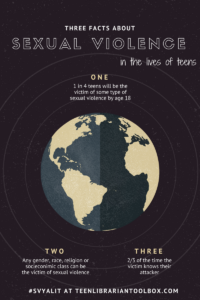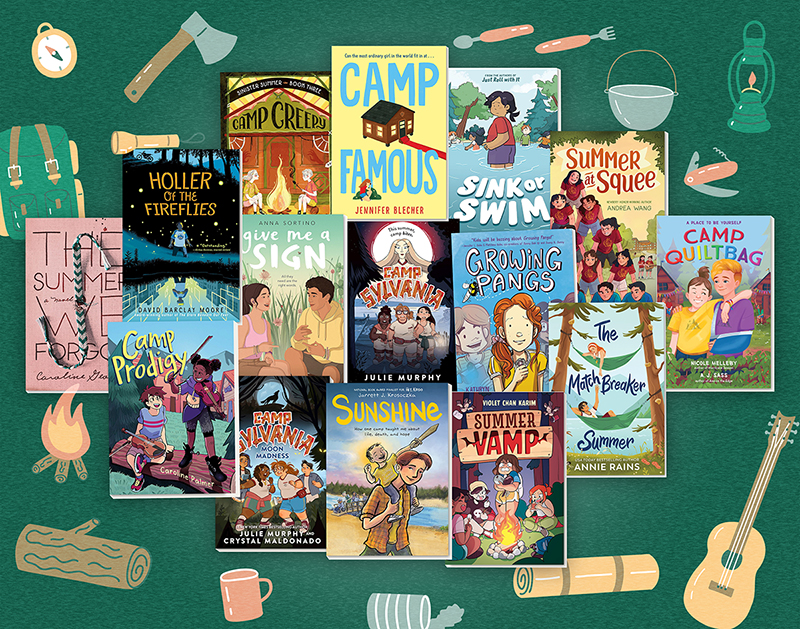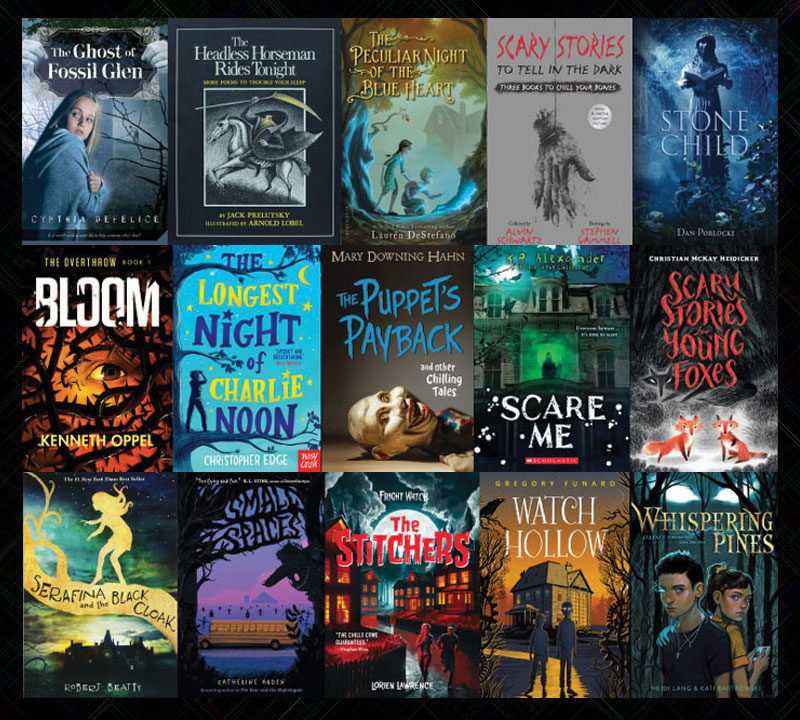Helping Teens Prepare for College? Don’t Forget to Talk About Sexual Violence
I will readily admit that college preparation has been one aspect of teen librarianship that I have often failed to provide adequate services in. I have been really focusing on that more this year and have even started a special collection for college preparation/research and new adult materials. The New Adult collection specifically focuses on books with main characters in college to give teens the opportunity to find and read books about this possible next step in their life. At the same time, my own teenage daughter is starting to prepare for college. Just yesterday I was researching what the best colleges are for a Chemistry major. Both professionally and personally, helping teens plan for life after high school has been very much on my mind.
Later that same day, I walked behind the circulation desk where I heard two staff members talking about visiting Ohio University over the weekend. If you don’t know, there have been 6 reported rapes on the OU campus since school started this fall. That’s six rapes in about a month’s time. That moment was a jarring reminder to me, as someone who works with teens and is researching college with her teen daughter, that sending our kids – especially our female ones – off to college can be an incredibly scary thing. Yet when we talk about doing college research, we often focus on things like cost and what schools have are best for a particular major. These questions are, no doubt, important and relevant, but they are not the only questions we should be teaching our teens to research. I would like to ask everyone of us that works with teens to expand our college preparation talks to include looking specifically at campus safety.
ADVERTISEMENT
ADVERTISEMENT
Here are some facts about college sexual violence from Rainn:
- 11.2% of all students experience rape or sexual assault through physical force, violence, or incapacitation (among all graduate and undergraduate students).2
- Among graduate and professional students, 8.8% of females and 2.2% of males experience rape or sexual assault through physical force, violence, or incapacitation.2
- Among undergraduate students, 23.1% of females and 5.4% of males experience rape or sexual assault through physical force, violence, or incapacitation.2
- 4.2% of students have experienced stalking since entering college.2
Discussion about consent and sexual violence should definitely start before college (it should start at birth!), but as we are talking with teens and providing resources for teens to research college, one of the things we should be telling them to research is their college campus safety statistics and the statistics of the towns in which their colleges are located. College planning and prep can’t just be about majors and cost, it must also be about safety. Our teens may not think about this so we owe it to them to remind them to research this aspect of college life as well. We need to make sure our teens are making fully informed decisions, and there health and safety should be a very important part of that equation.
Things to look for:
Research college campus safety statistics for each college being considered
Town safety statistics and crime rates for each of the colleges being considered
Look at the college website. Do they have a page that talks about campus safety and consent? What does the college you are researching say specifically about college safety and their response protocol for reported incidents of sexual violence?
Do a general Google search. Has the college been in the news for recent incidents or for complaints about improper handling of reported incidents?
If you do a college campus visit, specifically ask them about both their safety statistics and whether or not they have a written procedure and staff training for handling issues of sexual violence on campus.
Resources:
How Safe Is Your Campus? Campus Safety Resources You Need
How to Do College Research Right: Step-by-Step Guide
Learn How to Research Campus Safety | Best Colleges | US News
College sexual assault: 10 questions to ask when choosing a school
18 Questions to Ask About Your School’s Sexual Assault Policy
10 Questions Every Parent, Student Should Ask About Campus Safety
Choosing a university? Look into campus rape rankings before you start packing
2019 Safest College Campuses in America – Niche
Filed under: #SJYALit
About Karen Jensen, MLS
Karen Jensen has been a Teen Services Librarian for almost 32 years. She created TLT in 2011 and is the co-editor of The Whole Library Handbook: Teen Services with Heather Booth (ALA Editions, 2014).
ADVERTISEMENT
ADVERTISEMENT
SLJ Blog Network
Bid Now! Kidlit for Los Angeles
The Origins of The Giant Jam Sandwich (with full credit to Christina Hoover Moorehead)
Mr. Muffins Defender of the Stars | This Week’s Comics
Predictions for the ALA Youth Media Awards
When Book Bans are a Form of Discrimination, What is the Path to Justice?
Our 2025 Preview Episode!
ADVERTISEMENT










This is such a great thing to raise awareness for. Taking these little precautions and just being aware of certain details can make the biggest difference. I think another way we can help protect teenagers is to educate them and enlighten them on fixing the root of the problem, rape culture. I’ve found some great articles that pinpoint what exactly we should be talking about and what we should do.
https://www.thoughtco.com/fight-rape-culture-712274
https://everydayfeminism.com/2017/05/rape-culture-best-of-ef/
This article is so important and so timely– thank you. These conversations are hard, but well worth it, in my opinion. For adults, and very mature teens, the novel Missoula by Jon Krakauer explores rape culture on college campuses and it’s both heartbreaking and enlightening. It’s the novel that turned my blind eye outward and made me an advocate. But it is graphic, so careful if recommending it to teens.